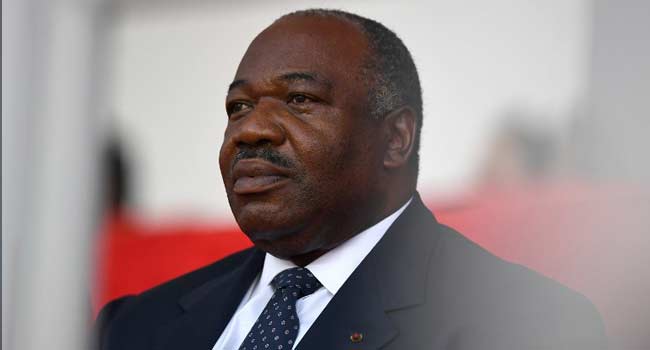Gabon’s leader Ali Bongo on Tuesday announced the dismissal of his vice president and the minister of forests, in a move that comes amid a scandal over the smuggling of precious timber.
The president did not give a reason for the sackings of Vice President Pierre Claver Maganga Moussavou and Forestry and Environment Minister Guy Bertrand Mapangou, in his statement late Tuesday.
No new minister was appointed to the forest and environment portfolio, which was placed “under the direct authority” of the prime minister.
TRENDING NOW: Handover By May 28 – Buhari orders Ministers
There have been intensifying calls for Mapangou to resign in recent days in the press and from civil society groups in the aftermath of the theft of hundreds of seized containers of kevazingo, a rare wood considered sacred.
Nearly 5,000 cubic metres (177,000 cubic feet) of kevazingo worth some 7 million euros ($7.8 million) was found in two depots belonging to Chinese companies in the Libreville port of Owendo in February and March.
Several suspects were arrested, but 353 of the containers — which had been confiscated — mysteriously disappeared.
The wood had allegedly been loaded into containers bearing water and forestry ministry labels, falsely describing it as okoume — a kind of timber cleared for export.
Local media have called the scandal “kevazingogate”.
Earlier in May, the government said several top Gabonese officials had been suspended over suspected involvement in smuggling the precious timber.
Kevazingo is a rare central African wood that is prized in Asia, notably for sculpting into temple doorways, tea tables and meeting tables.
TRENDING NOW: President Trump Announces Woman As Head Of US Air Force
Gabon, three quarters of whose land mass is forested, last year banned the exploitation of kevazingo after illegal felling reached alarming proportions.
The industry is hugely important for the West African nation’s economy, supporting some 17,000 jobs, and is second only to the petroleum sector in terms of foreign earnings and accounts for 60 per cent of non-oil related GDP.
AFP



